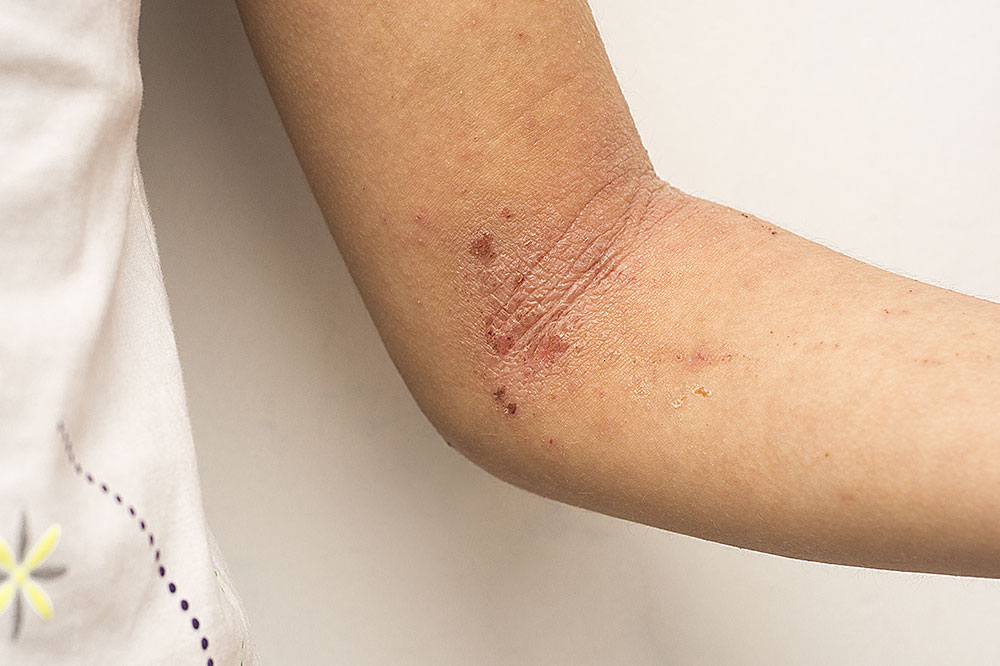
Atopic Dermatitis – Top 5 Aggravating Foods
Atopic dermatitis is a collective name given to several conditions causing itchy, irritated, and reddish skin. The disease is inflammatory and chronic in nature. The disease is atopic, which means that it gives rise to an allergic reaction. There are be many triggers for the condition. Some of the common atopic dermatitis aggravators include are discussed herein:
1. Allergens
In most cases of atopic dermatitis, the number of antibodies in the body is more than normal. Thus, there are high chances of the body having an allergic reaction. Allergic rhinitis, asthma, or hay fever are also common occurrences. Some of the foods that can have an allergic reaction include gluten, fish, soy, chocolate, and citrus.
To understand the foods that are creating an allergy, one should opt for an elimination diet. When you eliminate one particular food from your diet, you need to include an alternate so that you are getting enough nutrition. The elimination diet should be decided with the help of a nutritional expert.
2. Foods High in Nickel
It is suggested to have foods that do not a have high quantity of nickel. Some foods that are rich in nickel include beans, black tea, chocolate, lentils, nuts, peas, soybeans, and seeds. Due to skin inflammation, the symptoms that can be caused by nickel in the body include redness, irritation, and rashes on the skin.
3. Foods Triggering Oral-allergy Syndrome
Atopic dermatitis aggravators include foods that can trigger allergy among people who have sensitivity to birch pollen. Some of the foods that one can be allergic to include carrots, celery, green apples, pears, and hazelnuts. One must consult the doctor to understand if they have pollen allergy or if any of the foods mentioned here can initiate an allergic reaction.
4. Inflammatory Foods
Inflammatory foods are very harmful if you have atopic dermatitis, and keeping an anti-inflammatory diet can be very helpful. Insulin levels are shot up by foods that are high in sugar and refined carbohydrates, which end up increasing inflammation. Some of the foods that are known to increase inflammation are sugar and high-fructose corn syrup, artificial trans fats, vegetable and seed oils, and refined carbohydrates.
5. Alcohol
Although a direct correlation has not been established between alcohol and atopic dermatitis, it has been observed that consuming alcohol can make any eczema condition worse. Alcohol can cause inflammation in the body irrespective of whether you have a skin condition or not, and it leads to dehydration and facial flushing. These conditions could end up making the skin feel worse. So, alcohol consumption should be avoided if you are experiencing atopic dermatitis.



